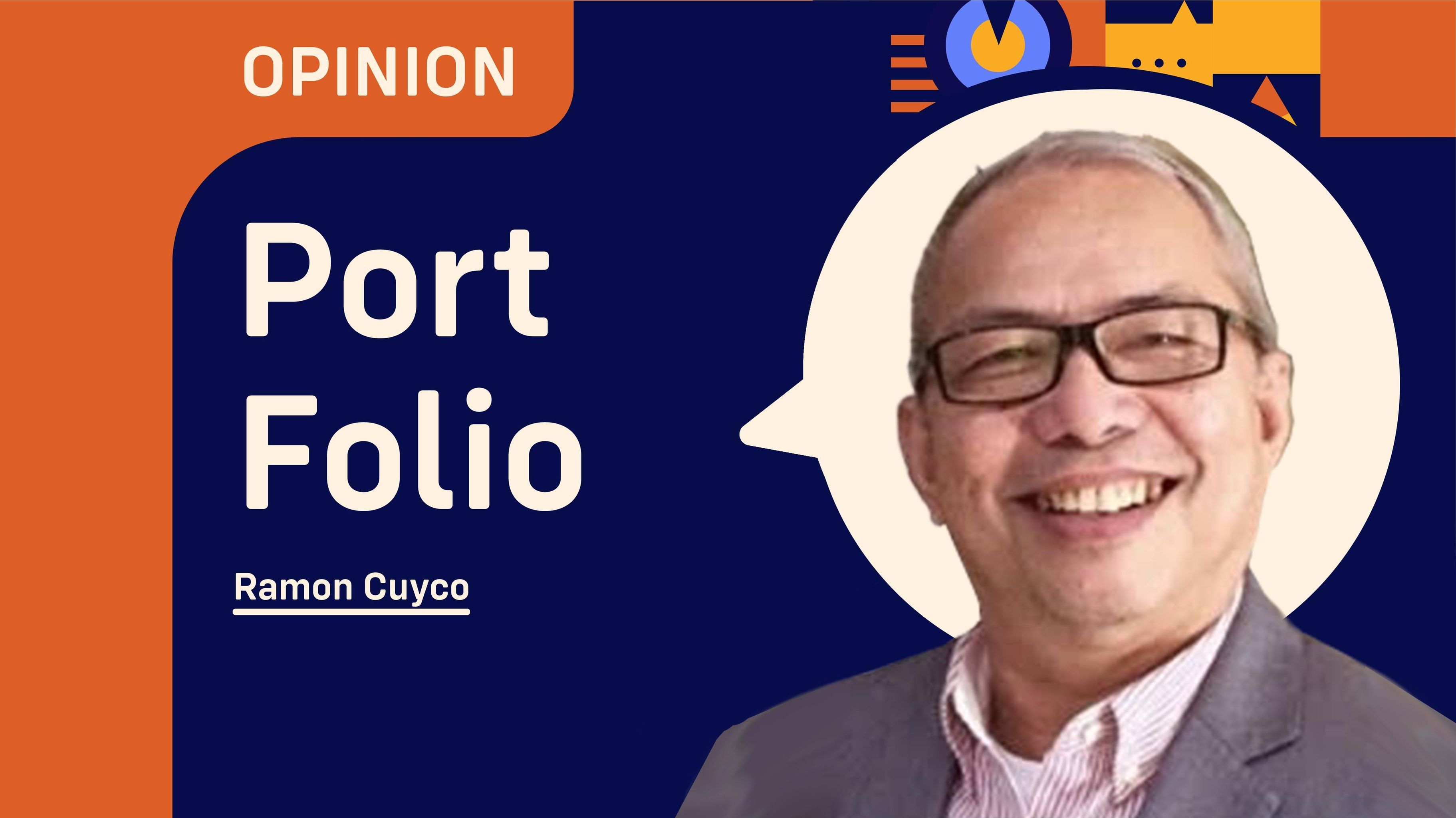Since the 17th century, Sir Edward Coke, an English judge and jurist declared the limits on how Sheriffs in his native England may enter a person’s dwelling to serve a writ—they should seek permission first before actual entry.
Coke then declared that everyone’s house is “his Castle and Fortress for defense against injury and violence, as for his repose.” Over the years, this declaration had been adapted by global libertarians. They say: “a man’s house is his castle were the wind and rain may enter but never the King nor the kingsmen without the owner’s consent.” The reason being “a man’s house is his safest refuge.” Domus sua cuique est tutissmum refugium.
In our country, the 1987 Constitution guarantees every man these rights to privacy and property. The Bill of Rights prescribes: “No person shall be deprived of liberty without due process of law” (Section 1) and the right of the people to be secure in their persons, houses, papers, and effects against unreasonable searches of whatever nature and for any purpose and no search warrant or warrant of arrest shall be issued except upon probable cause to be determined by the judge after examination under oath or affirmation of the complainant and the witnesses.
Of late, however, this prized attribute of a free citizen had been tested anew against the enormous weight of government’s authority. I refer to what law enforcers call: controlled delivery.
Last October 4, 2022, the National Bureau of Investigation documented the Bureau of Customs’ (BOC) interception of a parcel reportedly containing dried marijuana. The incident took place at the Central Mail Exchange Center (CMEC), of the PHILPOST Office in NAIA Domestic Road, Pasay City. Armed with the x-ray findings, the BOC contacted the PDEA at the Ninoy Aquino International Airport (NAIA). In the process, a K-9 dog was brought and “the parcel was opened in the presence of PDEA agents who confirmed the same to be marijuana.
But an Inter-agency Drug Interdiction Task Group (IADITG) composed of the representatives of following agencies: the PDEA, the PNP, the BOC, and the NBI-IAID, exists in NAIA.
Strangely this inter-agency mechanism was ignored. The NBI was not present, nor was it informed of the parcel, during the opening of the parcel. It was the PDEA and Bureau of Customs which had information and access to the parcel.”
The other members of the NAIA-IADITG were informed only about the parcel during the briefing held on October 11, seven days after the discovery. This is the $64- million question.
One legislator quipped “many things can happen in the dark in seven days and this is critical if we talk about the integrity both of the parcel and the process.”
Many questions deserve answers, lest the “controlled delivery” will become “the proverbial poisonous tree,” its consequences “the fruits” that are inadmissible in courts.
“Wouldn’t it have been more consistent with the guilt of the suspect, if he were notified, and he came forward to claim the parcel right in the premises of the post office, rather than having it delivered to his house where he can invoke the right to privacy?” quizzed the solon.
“If entrapment is the design, our state agents only succeeded in trapping themselves. They could even be sued for planting evidence,” he added.

